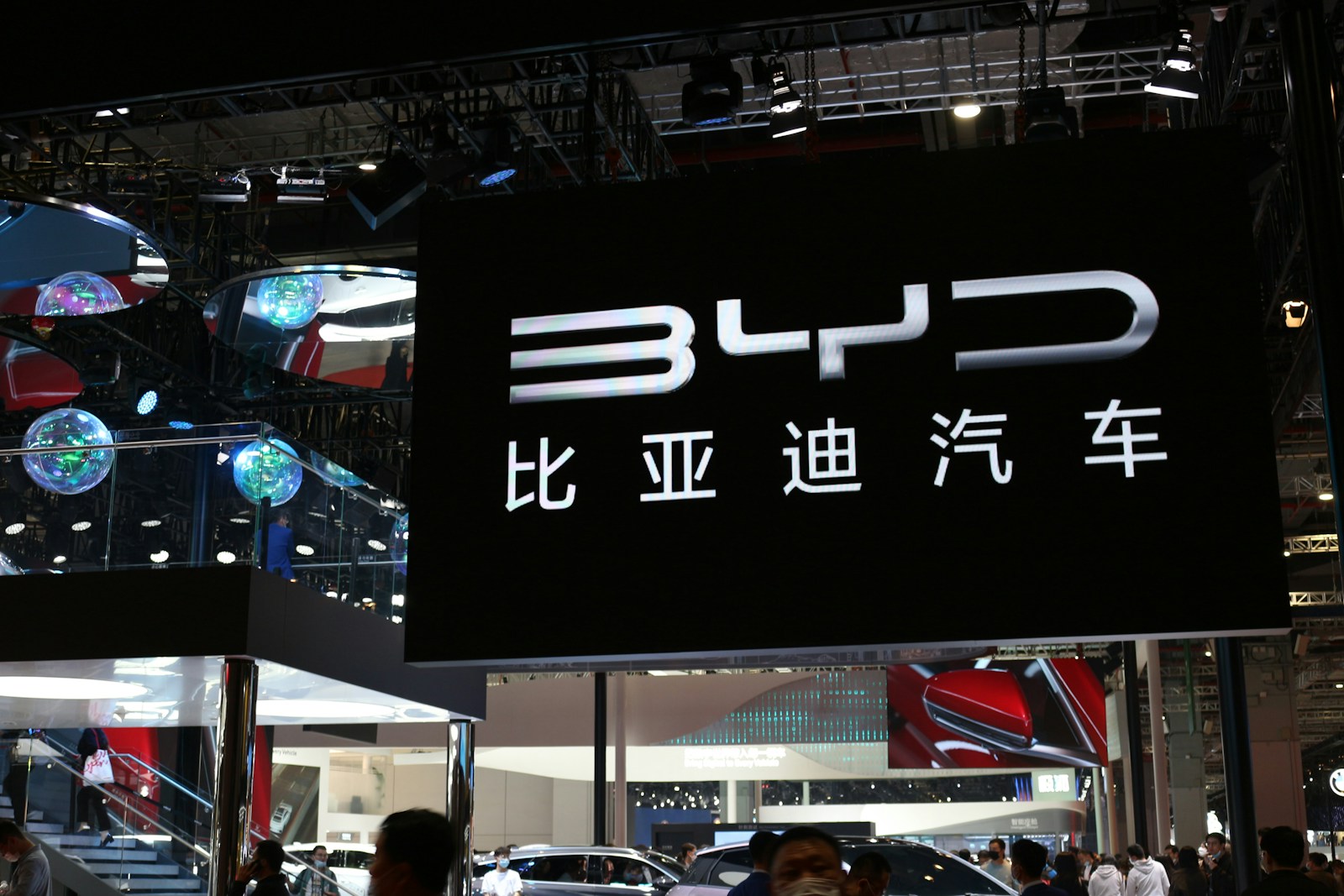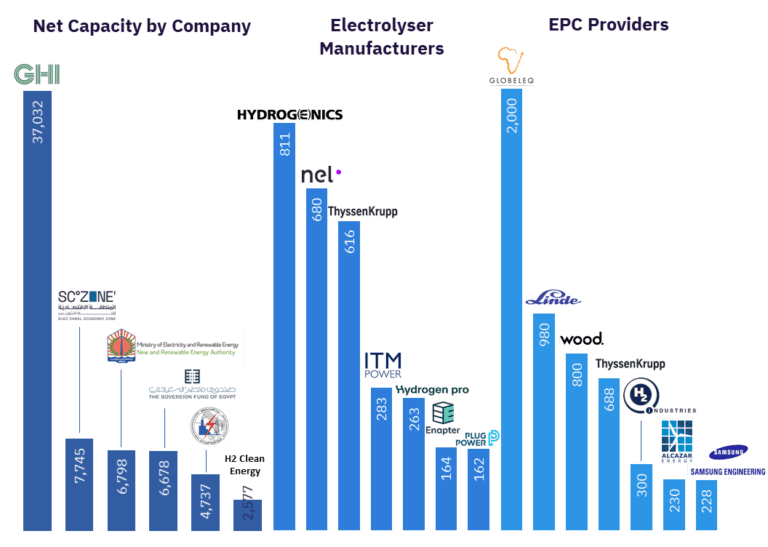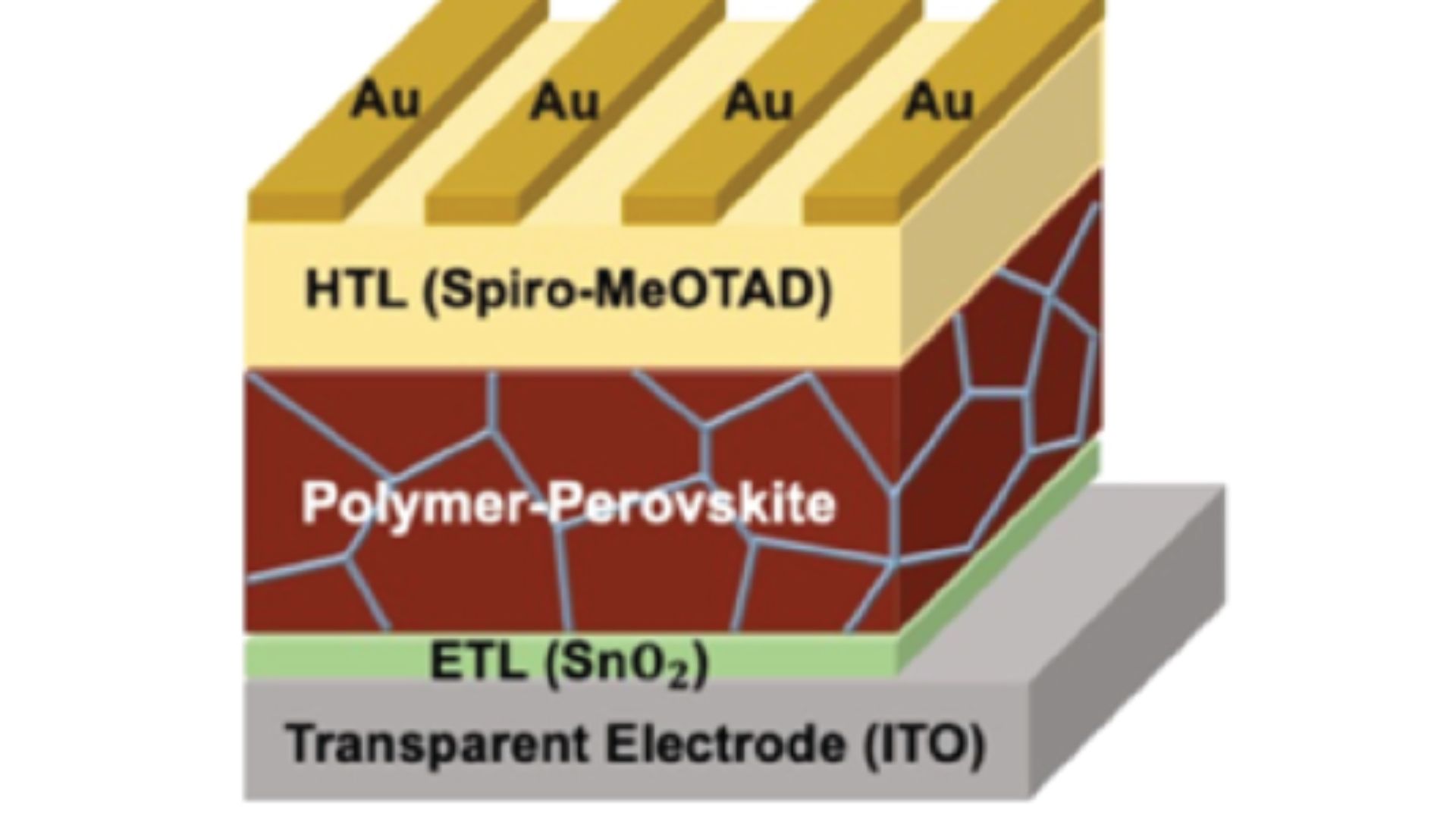China’s BYD signs 12.5 GWh battery storage deal with Saudi Arabia
China’s BYD Energy Storage recently signed a landmark agreement with Saudi Electricity Company (SEC) to deploy a 12.5 GWh battery storage system, the largest grid-scale project of its kind globally. Combined with an earlier 2.6 GWh installation, the partnership now totals 15.1 GWh, marking a significant milestone in Saudi Arabia’s renewable energy ambitions under Vision 2030. While the deal underscores technological innovation and the global shift toward clean energy, it also raises questions about dependencies, sustainability, and geopolitical dynamics.
Opportunities: Advancing Vision 2030 and Technological Innovation
Saudi Arabia’s Vision 2030 seeks to reduce the kingdom’s reliance on oil by diversifying its energy mix, with a target of 50% renewables by 2030. The BYD project directly supports this goal by addressing a critical challenge of renewable energy: intermittency. Solar and wind power require robust storage solutions to stabilize grids and meet peak demand. BYD’s MC Cube-T system, leveraging lithium iron phosphate (LFP) batteries and Cell-to-System (CTS) integration, offers high efficiency, safety, and scalability. These features make it a practical choice for Saudi Arabia’s harsh climate and vast terrain.
For BYD, the deal cements its position as a global leader in energy storage, building on its portfolio of 75 GWh deployed across 110 countries. The project also highlights China’s growing influence in the renewable sector, showcasing its ability to export cutting-edge technology. Proponents argue that such collaborations accelerate the global energy transition, bridging gaps between nations with financial resources and those with technical expertise.
Challenges: Dependencies and Unanswered Questions
However, the partnership is not without complexities. Saudi Arabia’s reliance on foreign technology for its renewable ambitions could pose long-term risks. While the kingdom is investing in domestic projects like NEOM, its dependence on BYD—a Chinese state-linked firm—raises questions about strategic autonomy. Critics caution that overreliance on external players might slow the development of local industries or expose critical infrastructure to geopolitical tensions.
Environmental concerns also linger. While LFP batteries are safer and longer-lasting than alternatives, the extraction of lithium and other minerals, along with battery disposal, carries ecological and ethical implications. The project’s press release emphasizes innovation but does not detail plans for recycling or sustainable lifecycle management—a growing priority for global ESG standards.
Geopolitically, the deal reflects China’s expanding footprint in the Middle East, a region traditionally aligned with Western powers. As Beijing deepens ties through infrastructure and tech exports, Riyadh gains a non-Western partner, diversifying its alliances. Yet this shift could strain Saudi relations with the U.S. and Europe, particularly amid ongoing debates about trade practices and supply chain control in the clean energy sector.
Balancing Progress and Pragmatism
The BYD-SEC collaboration exemplifies the dual nature of modern energy transitions: a blend of promise and pragmatism. On one hand, it demonstrates how international partnerships can fast-track renewable adoption, combining financial clout with technological prowess. On the other, it highlights the delicate balance nations must strike between embracing global solutions and nurturing self-reliance.
For Saudi Arabia, the project is a pragmatic step toward Vision 2030, but its success will depend on integrating these systems with local capacity-building and circular economy practices. For BYD and China, the deal is a strategic win, yet it invites scrutiny over whether their global leadership aligns with transparent and sustainable practices.
Conclusion
The world’s largest battery storage project is more than a technical achievement; it is a microcosm of the opportunities and challenges inherent in the energy transition. While BYD and Saudi Arabia have taken a bold step forward, the long-term impact will hinge on addressing unanswered questions about sustainability, equity, and geopolitical resilience. As the renewable energy landscape evolves, such projects must be judged not only by their scale but by their ability to foster inclusive and enduring progress.




